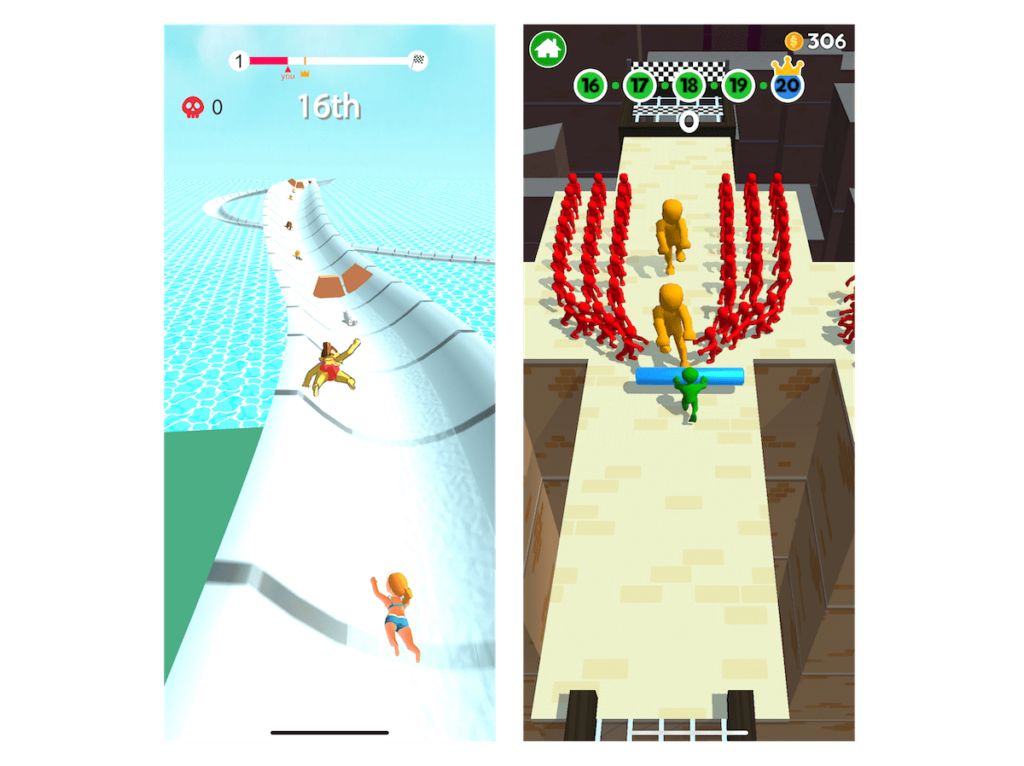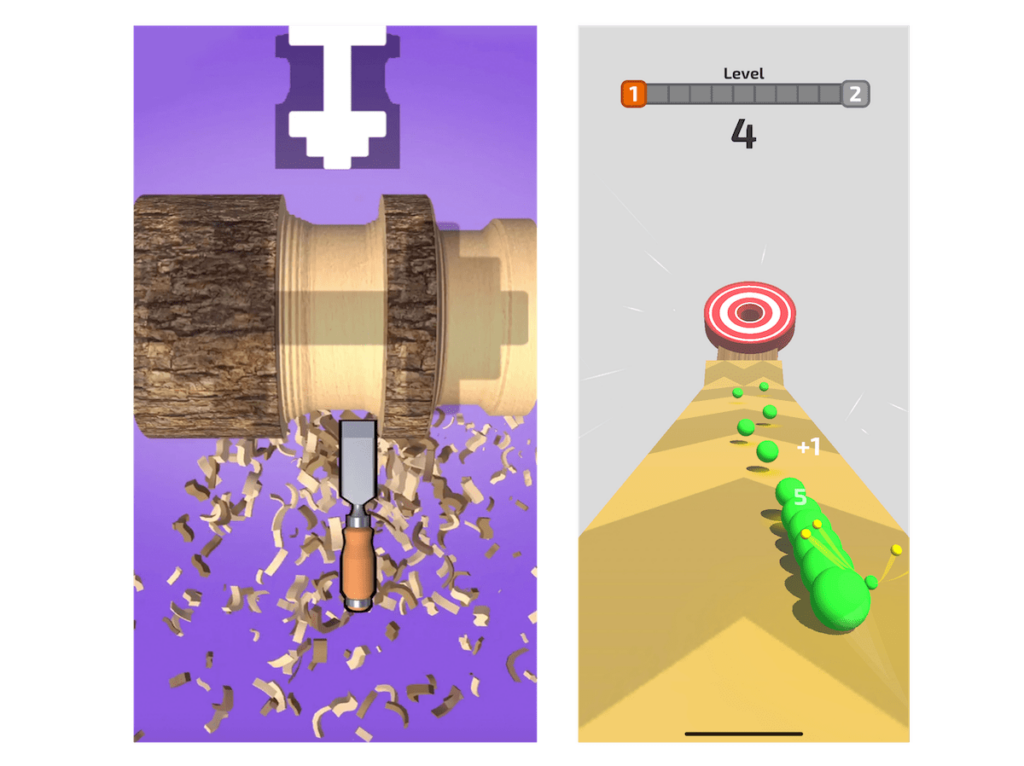· 3 min read
How Voodoo Diversified and Lowered Game Product KPIs

Youssef Gasmi
Communications Manager at Voodoo
Editors Notes: This article was originally published on LinkedIn by Youssef Gasmi, Communications Manager at Voodoo.
Measurability of value has become a key factor in game publishing, a set of metrics that define what games get made, and which concepts are invested in. Successfully understanding the core strengths and the impact a game will have before it is released is a vital part of the development process in mobile games. This is becoming more important due to the highly competitive nature of the market in 2020. As result, what were once seen as hard and fast rules, namely 55% D1, 22% D7 retention and CPIs below $0.25 are now considered short-sighted.
At Voodoo, we have become the leading publisher behind Hyper-Casual games, and we have used a robust testing methodology to establish a game’s retention, and cost per install values, to great effect. But, after careful review and consideration, we saw that the measurements used to preview a build’s estimated success were often too stringent and restrictive. So we identified that these key indicators needed to be measured in a different way.
Instead, we have adopted a flexible, pragmatic approach that accounts for multiple variables in projecting a game’s value. On the product side, these include retention, playtime, win rates, game length, and future gameplay depth potential, to name a few. On the marketability side it includes CPI, CTR and estimated “niche” constraints.

Broadening our launch KPI analysis was an important step in 2019, and directly resulted in the success of some of our top ten games over the last year. For instance, Cassette’s Aquapark.io (D7 retention of 17%), became highly viral post-launch and became the top game by downloads in 2019. OHM Games’ Push ’Em All had a relatively moderate D1 (46%) yet turned out to be highly scalable for CPI and retained a strong core user base, with strong playtimes of 15mins daily.
Furthermore, Misha Vrykhrystenko’s Woodturning 3D would not have been launched in 2018 based on past KPIs. It turned out to be a highly successful launch, with 62M downloads so far in just 3 months.

By acknowledging that retention and CPI are only part of the picture, we have reached many more players worldwide. The threat of restrictive KPIs is clear, and relying on them without flexibility can result in missed opportunities. This new system allows Voodoo and our partnered developers to support innovative titles, and enhance the approach to deliver phenomenal results with great games.
Despite their relatively lower KPIs on our former metrics, they each generated a multiple of the downloads of a game like Jan Kovac’s Perfect Hit, (59%D1, 22%D7 and $0.15 CPI), in their first few months. By lowering our retention and CPI metrics this year to 45% D1, 13% D7, and $0.20 CPI, we are now looking at far more meaningful indicators of scale and are opening the door to many more successful games. We’re excited to continue to bring innovative concepts to market, and contribute to the evolution of the mobile games space, with hit mobile games that players love.
Liked this read? Check out Voodoo’s ideation tips for creating viral games, prototype phases for purple diver, or how you can reduce CPI on runner games.